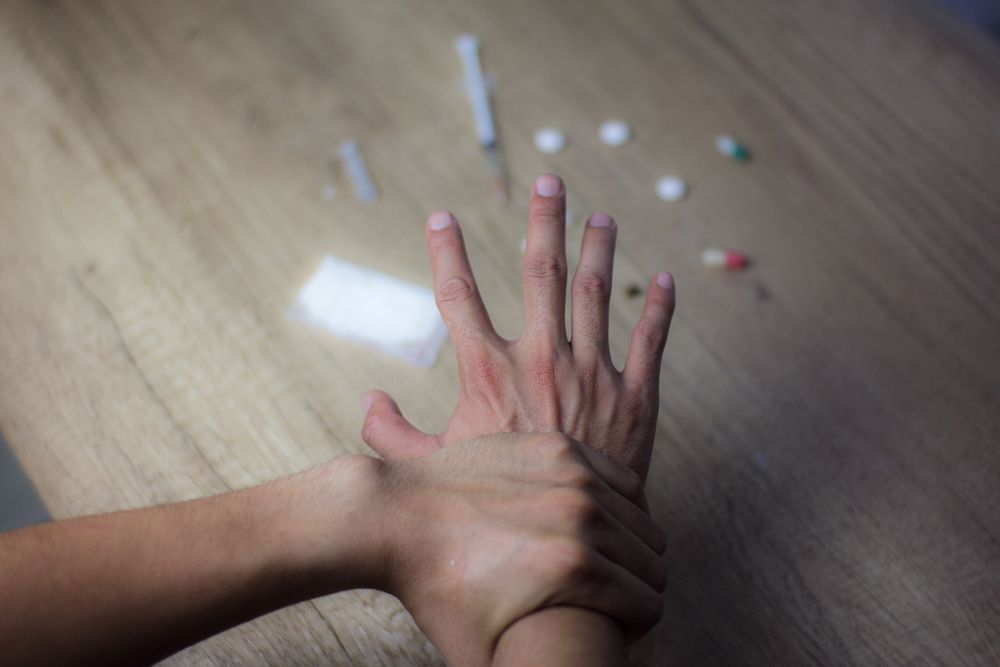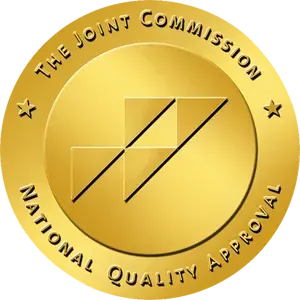Opiate Rehab
Opiate Rehab Center in Huntington Beach CA
Opiate addiction continues to claim lives at an alarming rate, prompting an urgent response from healthcare providers nationwide. Surf City Recovery – Alcohol & Drug Treatment offers dedicated opiate rehab in Huntington Beach designed to address both the physical and psychological challenges of recovery. Our program combines evidence-based treatments, medication-assisted therapy, and ongoing counseling to support long-term recovery for those battling opiate addiction. Patients can expect a structured, compassionate approach throughout their journey with our Huntington Beach opiate detox treatment and rehabilitation services.
Effectiveness of Opiate Rehab
Phase 1: During Acute Withdrawal
Overdoses from opiates are such a common event today that the medical community has labeled the number of deaths resulting from overdoses an epidemic in the U.S. Two different types of detoxification are currently offered: short-term and long-term maintenance treatment.
Short-Term Detox
Short-term detox lasts three to twelve weeks. During this time, a host of withdrawal symptoms occur.
Long-Term Maintenance
Long-term maintenance occurs after the initial short-term detox and lasts for the rest of the addict’s life. During this time, health and social problems are addressed.
Intensive psychotherapy is begun in the short-term detox phases and lasts throughout the long-term maintenance to solidify new behaviors. Medications, such as methadone and buprenorphine, are often used during the initial detox phase. These drugs can help the addict with some withdrawal symptoms. Both drugs are heavily regulated in the United States and are only obtained through a licensed physician in a drug treatment program.
Methadone is given in licensed drug treatment centers and is proven effective in long-term studies. Selected patients are allowed to have take-home doses. Buprenorphine is also given at licensed drug treatment centers, but some physicians’ offices also prescribe this drug. It is dispensed at community-based pharmacies. It is also proven effective for addicts of low-dose opiates. There is no “magic pill” that will wipe away opiate addiction, but many patients have found success with medicines when they have had a hard time getting clean on their own. In addition to medicines, the underlying mental health issues need to be addressed. This is crucial to the success of a patient recovering and building a new life without drugs and alcohol.

Choosing the Right Opiate Rehab Center
The best place to recover from an opiate-based drug is an inpatient treatment center that specializes in this type of treatment. Opiates are very addictive due to the sense of relief from pain a person feels when taking the drug. Many opiate addicts do not start out intending to abuse the drug, but rather become addicted after suffering from pain due to an injury or surgery. Codeine, morphine, pethidine, diamorphine, and paracetamol are drugs in the opiate family, but heroin is the most commonly known illegal form of opiates. Codeine and morphine are the two most commonly prescribed opiates. These Schedule II controlled substances are highly addictive, which means that a person using these drugs can develop a tolerance and may use more of the drug to obtain the desired effect.
The Association of State and Territorial Health Officials (ASTHO) states that the most common source of drug overdose resulting in death comes from opiates. Opioid prescription drugs are the leading cause of drug overdose-related deaths. If a person has suffered and survived an opiate overdose, they can recover at a long-term treatment center.
To find the best recovery center for an opiate addict, find a treatment center that has been licensed by the state and local governments. Many government websites provide a list of licensed mental health and addiction facilities. There are also many accreditation sites, such as:
- Joint Commission on Accreditation of Healthcare Organizations (JCAHO)
- Council on Standards (COA)
- Utilization Review Accreditation Commission (URAC)
If you are seeking opiate rehab in Huntington Beach, it is important to ensure the facility is both licensed and accredited. Inpatient rehabilitation programs can last from a few weeks to six months, depending on the depth of the addict’s drug abuse. If an overdose has occurred, the patient should receive counseling to prevent future overdoses. Counseling provides patients with information about risk factors for opiate overdose, such as:
- Loss of tolerance to the opiate, which results in the addict taking too much of the drug to obtain the same high
- Poly-drug abuse, including abuse of opiates with other drugs or alcohol
- Changes/Increases in the purity of a street-bought drug
- Severe depression or another psychological disorder may cause someone to overdose as a way of attempting suicide
- Physical diseases of the liver or kidneys may prevent an addict from properly absorbing opiates
Cognitive behavioral therapy, family therapy, group therapy, and one-on-one counseling sessions also provide the addict with coping skills and information they will need to live a drug-free life. These are key components of opiate rehabilitation in Huntington Beach, CA, that you must know.

Cost of Opiate Rehab
While some luxury rehab facilities can cost tens of thousands of dollars, there are many affordably priced treatment facilities. Some of the mid to high-range centers accept insurance coverage for some or all of their services, making these centers also within reach. Contacting your insurance company’s service department and checking your coverage benefits is the first step. If you do not have insurance coverage and still need detoxification or treatment services, there are a number of websites specifically designed to help addicts find the best treatment facility for their needs.
Before choosing any opiate rehab center in Huntington Beach, CA, check to see if the center is licensed by the state and accredited by a reputable health care accrediting body. Each client should have a case manager or primary counselor who will assist the addict in identifying areas where change needs to occur. As a patient works towards sober living, full-day programs should be in place to help support and identify any needs that may arise. Many programs employ a 12-step recovery program as the foundation for sobriety.
Opiate addiction can have a severe effect on your way of life. Surf City Recovery offers specialized treatment that includes group and family therapy, along with one-on-one counseling sessions to help patients cope with their addiction. Our Huntington Beach opiate detox treatment is designed to support individuals through every stage of recovery—from detox to post-treatment planning.
Conclusion & Call to Action
Recovering from opiate addiction is possible with the right support, treatment, and commitment. Whether you or a loved one is in the early stages of seeking help or recovering after an overdose, finding the right opiate rehab center can make all the difference. Surf City Recovery – Alcohol & Drug Treatment stands ready to assist with proven programs, compassionate care, and licensed professionals who understand the journey.
If you are looking for effective
opiate rehabilitation in Huntington Beach, CA, don’t wait. Reach out to Surf City Recovery – Alcohol & Drug Treatment today to learn how our programs can support your recovery and help you regain control of your life.
Get In Touch
Contact Us
We will get back to you as soon as possible.
Please try again later.


